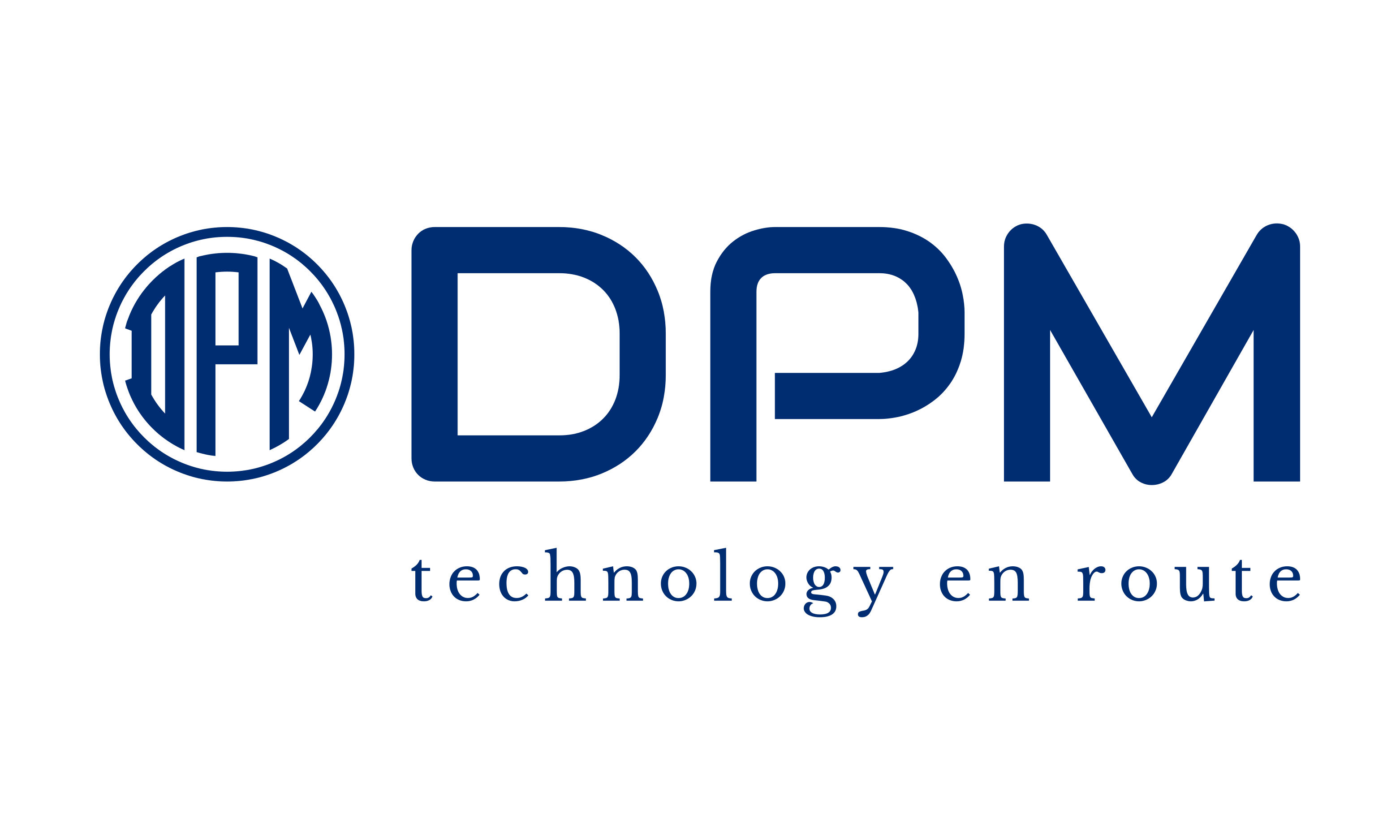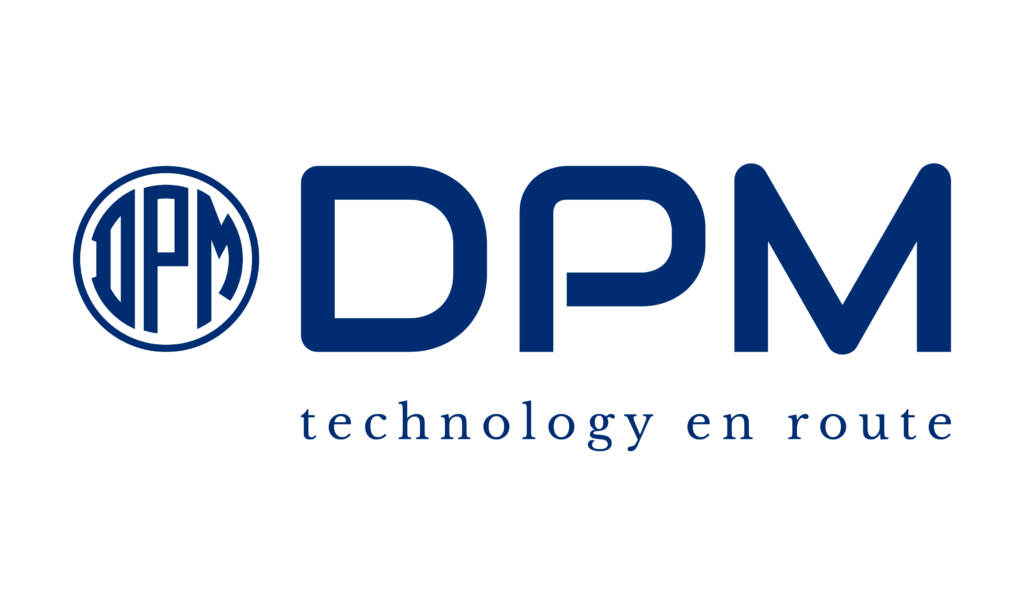Consultancy
With our expert engineering team and technical proficiency, we offer your company, investments, and projects a measurable and sustainable value proposition. We provide added value in many dimensions such as operational efficiency, project management, quality management, technological transformation, TÜBİTAK (The Scientific and Technological Research Council of Turkey), KOSGEB (Small and Medium Enterprises Development Organization of Turkey), risk management, supply chain, and compliance with regulations and standards across various sectors. With our special expertise in energy and sustainability, we aim to be your most competent business partner in transitioning to a low-carbon economy, thereby enhancing your competitive edge.
The purpose of the Quality Assurance System (ISO 9001) is to encompass the entire organization, addressing stages that directly or indirectly affect quality to ensure its continuity, initiate efforts to achieve the targeted quality level at the lowest cost, ensure coordination, and continuously monitor results to take necessary measures. At the heart of ISO 9001 are the specifications of instructions and responsibilities at all stages of product or service, training employees, and raising awareness about quality to maintain planned quality levels with minimal resource use. Simply put, it means ensuring quality that customers can confidently purchase and use with satisfaction and trust for a long time.
The TS-EN-ISO 9001 standard is an international Quality Management Standard published as an international standard by the International Organization for Standardization (ISO) and is currently applied as a Certification model in many countries, including the European Community countries. It is based on eight Quality Principles, which are:
Customer Focus: Organizations depend on their customers, and therefore must understand present and future customer needs, meet customer requirements, and strive to exceed customer expectations.
Leadership: Leaders establish unity of purpose and direction for the organization. They should create and maintain an internal environment in which people can become fully involved in achieving the organization’s objectives.
Involvement of People: Individuals at all levels are the essence of an organization and their full involvement enables their abilities to be used for the organization’s benefit.
Process Approach: A desired result is achieved more efficiently when activities and related resources are managed as a process.
System Approach to Management: Identifying, understanding, and managing interrelated processes as a system contributes to the organization’s effectiveness and efficiency in achieving its objectives.
Continual Improvement: Continual improvement of the organization’s overall performance should be a permanent objective of the organization.
Factual Approach to Decision Making: Effective decisions are based on the analysis of data and information.
Mutually Beneficial Supplier Relationships: An organization and its suppliers are interdependent, and a mutually beneficial relationship enhances the ability of both to create value.
SUPPORT PROGRAMS UPPER LIMIT AND RATES
Helps institutionalize your company,
Reduces production and service costs,
Increases competitive opportunities,
Improves efficiency and profitability,
Implements a customer-focused work process,
Provides a high competitive capability,
Organizes and properly implements information flow in the company,
Enhances customer confidence.
ACTIVITIES TO BE CONDUCTED
Preliminary Evaluation: One of the activities to be carried out when establishing the Quality Assurance System (ISO 9001:2008) is an “internal audit” to assess the current situation. Based on the results of this preliminary evaluation, the system development project will be shaped, and shortcomings will be more clearly understood.
Establishing the Quality Assurance System (ISO 9001:2008): An organizational structure must be prepared within the organization to ensure Quality Management. Here, the Quality Assurance System involves defining the relationships of various resources within this structure (personnel, hardware, etc.), responsibilities, work methods, procedures, workflow diagrams, and job descriptions through documentation.
Quality (ISO 9001:2008) Training: Before starting work, training should be provided to all managers, especially top-level managers, about the system and activities to be carried out. The establishment of the Quality Assurance System (ISO 9001:2008) and achieving the expected benefits significantly involve upper and middle management. Therefore, the training given to upper and middle management should be more comprehensive and practical. One of the most important factors affecting quality is the operating personnel. Relevant training will also be provided to the staff.
Document Preparation: Instructions, procedures, forms, and all documents are created with a document preparation publication and change procedure and document preparation rules instruction to generally avoid confusion and complexity in the company.
Certification: The certification involves the examination of existing methods, instructions, specifications, norms, rules, programs, and other documents through concrete evidence, inspection, control, and evaluation methods to determine whether certification will be granted by the certifying organization.
Why is R&D Consulting Necessary?
Today, every company can produce almost anything thanks to necessary investments. However, to differentiate their products in the competitive market and make them preferred by customers, they must possess superior features. These superior attributes, referred to as added value, can be provided through R&D efforts by enriching the product with knowledge, technology, and labor. In today’s competitive environment, companies that do not conduct R&D activities or do not include R&D in their strategies are seeing decreasing chances of survival and profitability.
Various national and international institutions offer substantial grants or interest-free loans to support companies’ R&D projects. To benefit from these supports, companies must have R&D projects that meet certain criteria.
Our firm primarily facilitates our clients’ access to grants and incentives provided by numerous national and international institutions, including TÜBİTAK and KOSGEB. We achieve this through R&D Consulting. At DPM Technology, our expert technical team prepares companies’ R&D project ideas based on the evaluation criteria of the institution to which they will apply. Moreover, like writing a master’s thesis, we conduct article and patent scans and incorporate literature in the R&D project writing; thus, we successfully perform TÜBİTAK and KOSGEB Consulting and develop an R&D Systematic approach.
The acceptance of R&D project applications is crucial, as are the subsequent execution and monitoring activities. Particularly, the supports provided by TÜBİTAK-TEYDEB require monthly and/or periodic reports, which significantly affect the amount of support received and the project’s efficiency.
R&D Project Preparation and Support Activities
R&D Project Analysis: Analyzing the suitability of companies’ intended projects according to R&D support criteria, costs, etc.
Researching Project Grants and Credit Sources: Identifying the most suitable grant and credit source for the determined R&D project and preparing the R&D project accordingly.
R&D Project Preparation (R&D Consulting):
Maturing the project to fit within the TÜBİTAK framework
R&D Project Technical Meeting
Creating the R&D consulting plan
Determining the project team based on CVs’ suitability and areas of expertise
Project time and resource planning
Creating the project grant file
Grant Project Application
Preparation for Project Presentation and Evaluation Panel
Project Evaluation and Management of Post-Acceptance Process: Managing the post-acceptance execution and monitoring activities in R&D projects is as important as the application’s acceptance. The management of this process is related to factors such as the amount of support obtained, timely payments, and project efficiency, all determined by the prepared reports. Therefore, our expert project management team prepares both the technical progress report and the financial report. By providing R&D Consulting, we allow our client to focus on their business and save time on reporting.
What is Incentive Consulting?
Although incentive consulting is very important for companies, many are not aware of the incentives they could benefit from today. The main reasons for companies not being aware and therefore not benefiting from incentives include the complexities involved in designing, implementing, and calculating these incentives. Therefore, if you are looking for an incentive or believe you are not aware of available incentives, it is beneficial to obtain incentive consulting services from a proven expert firm.
What is an Incentive?
The word “incentive” conveys meanings like “motivation” or “encouragement.” In fact, incentives generally reflect their literal meaning. In our country, many incentives implemented by the government and the Social Security Institution (SGK) are designed to increase employment. These incentives provide direct or indirect benefits to companies and are important for stimulating the national economy.
What are the State (Treasury) Incentives for Investments?
These are supports provided by the state to reduce developmental disparities among regions within our country, aiming to increase investment and employment in developing and underdeveloped regions. In this context, regions are ranked according to their level of development, and the investments and sectors to be incentivized in each region are determined. To benefit from these incentives, it is necessary to obtain an Investment Incentive Certificate. This certificate, which contains the characteristic values of the investment, provides the opportunity to benefit from the support elements registered on it if the investment is carried out in accordance with the specified minimum conditions. It is issued for investments to be carried out in line with the objectives of the incentive system decision. Individuals, ordinary partnerships, capital companies, cooperatives, business partnerships, public institutions and organizations, professional organizations with the status of a public institution, associations and foundations, branches of foreign companies in Turkey, and foreign capital companies established under the Turkish Commercial Code can apply for the Investment Incentive Certificate.
Are Investment Incentives Given to Companies as Cash?
The answer to this question is no. Incentives are not a cash support but a reduction or cancellation of debts owed to the state. Consequently, applicants making investments under the incentive scope receive:
Exemption from VAT and customs duties,
Coverage of employer and employee insurance premiums by the Ministry of Economy; income tax withholding is also waived,
The interest support amount is paid to the relevant bank by the treasury.
What are SGK Incentives?
SGK incentives, in brief, are supports prepared within the framework of laws to encourage increased employment and support employers. Workplaces contributing to employment growth can benefit from incentives, supports, and discounts on the employer premiums they deposit monthly for their insured.
Who Can Benefit from SGK Incentives and Under What Conditions?
There is no requirement for a specific number of employees in your workplace to benefit from SGK incentives. However, the duration of eligibility for SGK incentives may vary according to gender, the certificates held, and age. All workplaces are entitled to benefit from SGK incentives, but the most crucial aspect is an increase in the number of personnel in the workplace in the long or short term. Additionally, certain conditions related to the “Employer” and “Insured” must also be fulfilled.
From the Employer’s Perspective:
Monthly premium and service documents must be submitted to the institution within the legal period,
No uninsured employees should be employed,
Premiums must be paid within the legal period,
There should be no outstanding fines for premiums, administrative penalties, or related late payment fees,
If the employer has debts, these debts must be restructured or installment arrangements made.
Our Investment Areas
Defense industry
Energy
Internet-based e-commerce, social media
Products/services that are newly introduced or about to be launched (expected to reach the market within a maximum of 18 months)
Ability to create demand or meet existing demands both nationally and internationally
Inclusion of technological innovation
Scalability
Not being a mere copy of previously produced products and/or developed systems and platforms
The entrepreneurial team having sufficient competence and maturity
Investment Consultant Follow-Up Process
The Investment Consultant oversees the investments in a way that, after the evaluation of the product/technology and subsequent approval by the Board of Directors, up to 40% of the financial value can be invested by purchasing shares from the Joint Stock Company (JSC) established or to be established by the entrepreneur. This process is carried out in stages according to a predetermined progress calendar. At each stage, progress and risk analysis reports are prepared by the entrepreneur and submitted to the Corporate Governance Body (YDTK).
The intervals for reporting and evaluation vary according to the nature of the investments and the risks involved, but they are generally shorter during the initial stages of product/technology development.
Priority is given to the use and evaluation of public resources (such as TÜBİTAK, KOSGEB, Ministry supports) in investment expenditures, and consultancy and project planning support is provided to the JSC in this regard. Intellectual property rights and patent registration processes for the product/technology are also handled by DPM Technology.
Following the issuance of the first invoice by the JSC (Time F), the financial data generated are presented to YDTK at defined intervals. Until the JSC reaches a certain level of maturity, it is supported by DPM Technology in areas such as financial management, marketing, etc.
Twelve months after Time F, a report evaluating the income, expenses, and profitability based on the annual turnover of the JSC is prepared by YDTK and submitted to the Board of Directors for review. The exit timeline from the investments can range from 3 to 7 years depending on annual growth and profitability conditions.
Primary Objective of the Program: The program is designed to research, develop technology, and plan production primarily for small businesses in the future in Küçükbükte.
Support Rate: 75% Grant exclusively for SMEs
Project Budget: There is no upper limit for the budget.
Eligibility: Limited and Joint Stock Companies of all sizes can apply to the program. Individual company programs should be applied for. Furthermore, larger companies exceeding the SME size can also apply.
Supported R&D Project Expenses:
Personnel expenses (current and/or newly hired personnel and company partners)
Acquisition expenses for R&D laboratory and quality control testing devices, equipment, and measuring instruments
R&D material expenses; future industry development and related costs
Expenses for consumables used for product trials
Computer and workstation expenses
Technical software purchases (Drawing, CAD, training, design, simulation, and analysis software)
Travel expenses
Technical consulting services expenses
External services and purchases for prototype manufacturing
Product analysis and expenses conducted by country universities, TÜBİTAK affiliated R&D inspection, private R&D laboratories
Certified Public Accountant (CPA) Acquisition Expenses
Supported R&D Project Phases:
Concept Development (Research)
Feasibility Studies
Laboratory Studies
Design Studies
Prototype Production/Development
Becoming a Pilot
Trial production and conducting key tests
Additionally, for the elderly who take taxation seriously: Expenses approved by TÜBİTAK under R&D and 5746 law can be deducted from the tax base.
The 1501 Public Industry program will be designed to be implemented nationwide.
Changes to the 1501 Industry-R&D Program will be made during the TÜBİTAK Board of Directors meeting on March 14, 2019, revising the program to be exclusively beneficial again for SMEs.
The number of uses for 1501 projects is insufficient. Companies are involved both currently and over time in the same project.
Design supports, introduced by the Ministry of Economy’s 2008/2 Communique, encompass many export-oriented businesses.
Objective: Within the framework of design supports, the support for “design and product development projects” aims to co-finance investments made by all businesses, provided they are export-oriented, to enhance their innovation capacities.
Businesses are supported for up to three years within the following upper limits at a rate of 50%:
Expenses related to design and product development projects conducted with the aim of developing high-value-added products for international markets:
Personnel
Tools, Equipment, Software
Travel
Website Membership Expenses
For the design and product development projects covered by the support:
The total gross salaries of employed designers, pattern makers, and engineers up to a maximum of $1,000,000,
Total expenses for tools, equipment, materials, and software up to $250,000,
Total expenses related to travel and website memberships up to $150,000, are supported at a rate of 50% per project.
A company is supported for only one project at most.
A maximum of two employed designers can be foreign.
Tools, Equipment, Material, and Software Expenses:
Software Programs/Software (Industrial Design – Fashion Design)
Tools, Equipment, and Materials (Industrial Design – Fashion Design)
Support Duration: 3 years
Support Rate: 50%
Number of Supports: 1 Project
Design Center Management and Reporting Consulting
Design Center Management Consulting Service Package
Preparation of Interim Audit Reports After Approval
Audit Process Training
Quarterly full-day visits to the Design Center for one year to conduct internal audits of R&D and Design systematics,
Conducting audits to ensure compliance with the presented business plan and providing recommendations,
Writing annual activity reports.
Design Center Establishment Consulting
Design Center Establishment Consulting Service Package 1
Preparation of the Design Center Establishment Project
Preparation of the Design Center Application File
Monitoring of Project Application Processes, Preparation of Presentations, and Management of Referee Visits
Preparation of Interim Audit Reports After Approval and Audit Process Training
Design Center Establishment Consulting Service Package 2
Preparation of the Design Center Establishment Project
Preparation of the Design Center Application File
Monitoring of Project Application Processes, Preparation of Presentations, and Management of Referee Visits
Preparation of Interim Audit Reports After Approval and Audit Process Training
Quarterly full-day visits to the Design Center for one year to conduct internal audits of R&D and Design systematics, perform audits to ensure compliance with the presented business plan, provide recommendations, and write annual activity reports.
Scope of Consulting Services
Preparation of the Technopark application file
Preparation of the Technopark VAT exemption file
Conducting Technopark application procedures
Managing the establishment procedures of Technopark companies
Implementing new project entries in Technopark
Providing Tax Consulting for Technopark Companies
Creating Monthly Tax Exemption Reports for Technopark Companies
Establishing New Project Entries for Technopark Companies
Producing Final Project Reports for Technopark Companies
Horizon 2020 Program
What is Horizon 2020?
Horizon 2020 is the world’s largest budget research and innovation program, with a massive budget of 80 billion euros.
The Framework Programs are conducted to enhance Europe’s research and technological development capacities, promote university-industry collaboration, and develop cooperation in various areas under EU policies with EU Member States, Associated Countries, and other countries cooperating with the EU. The national coordination of the Horizon 2020 Program is managed by TÜBİTAK (The Scientific and Technological Research Council of Turkey).
These programs are implemented through a special funding system established to support R&D and innovation activities within a broad scientific framework. The EU’s 7th Framework Program was conducted over the period 2007-2013. Horizon 2020, the European Union’s new Research and Innovation Framework Program, has been launched for the period 2014-2020 with a budget of approximately 80 billion euros.


